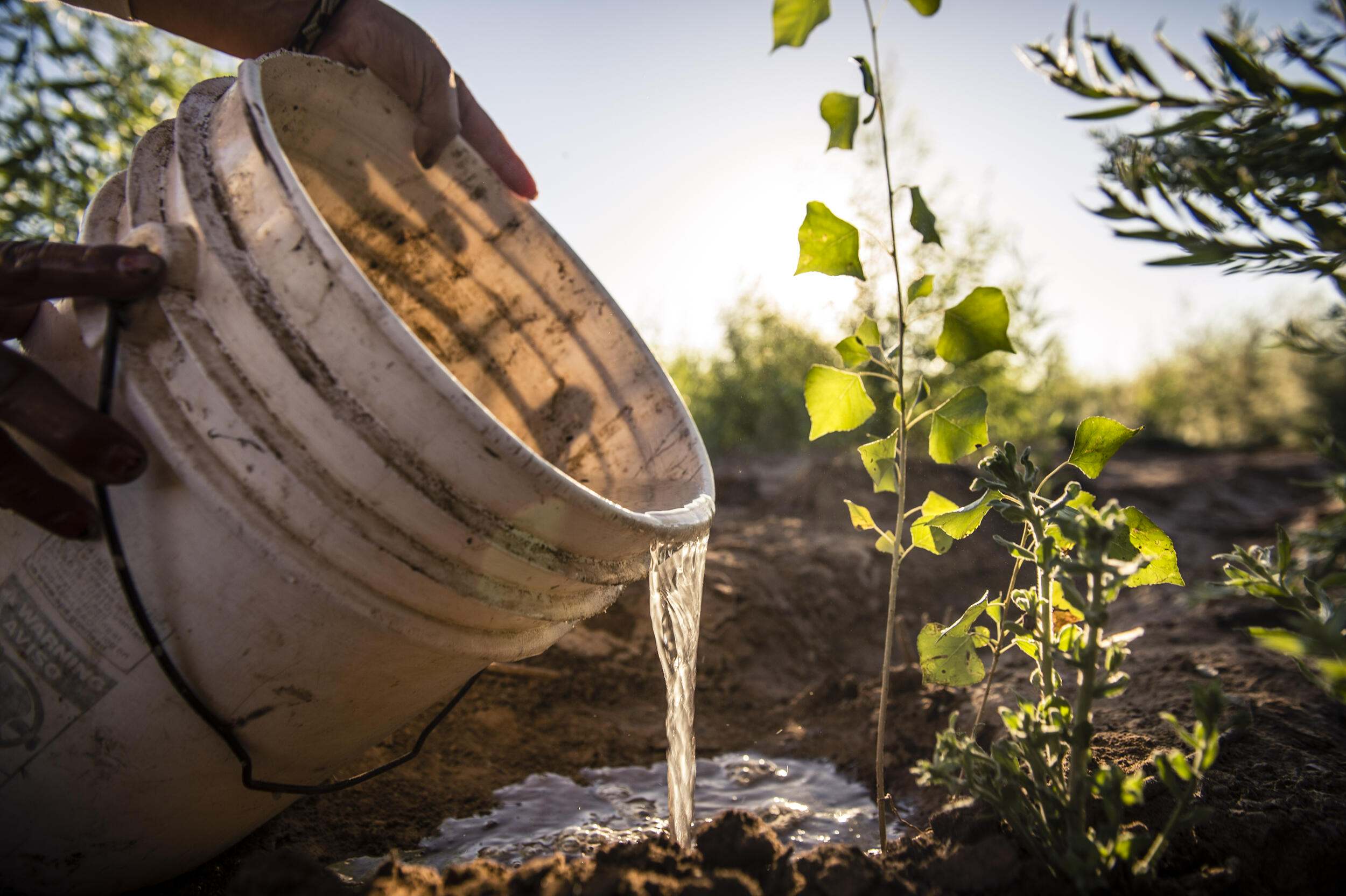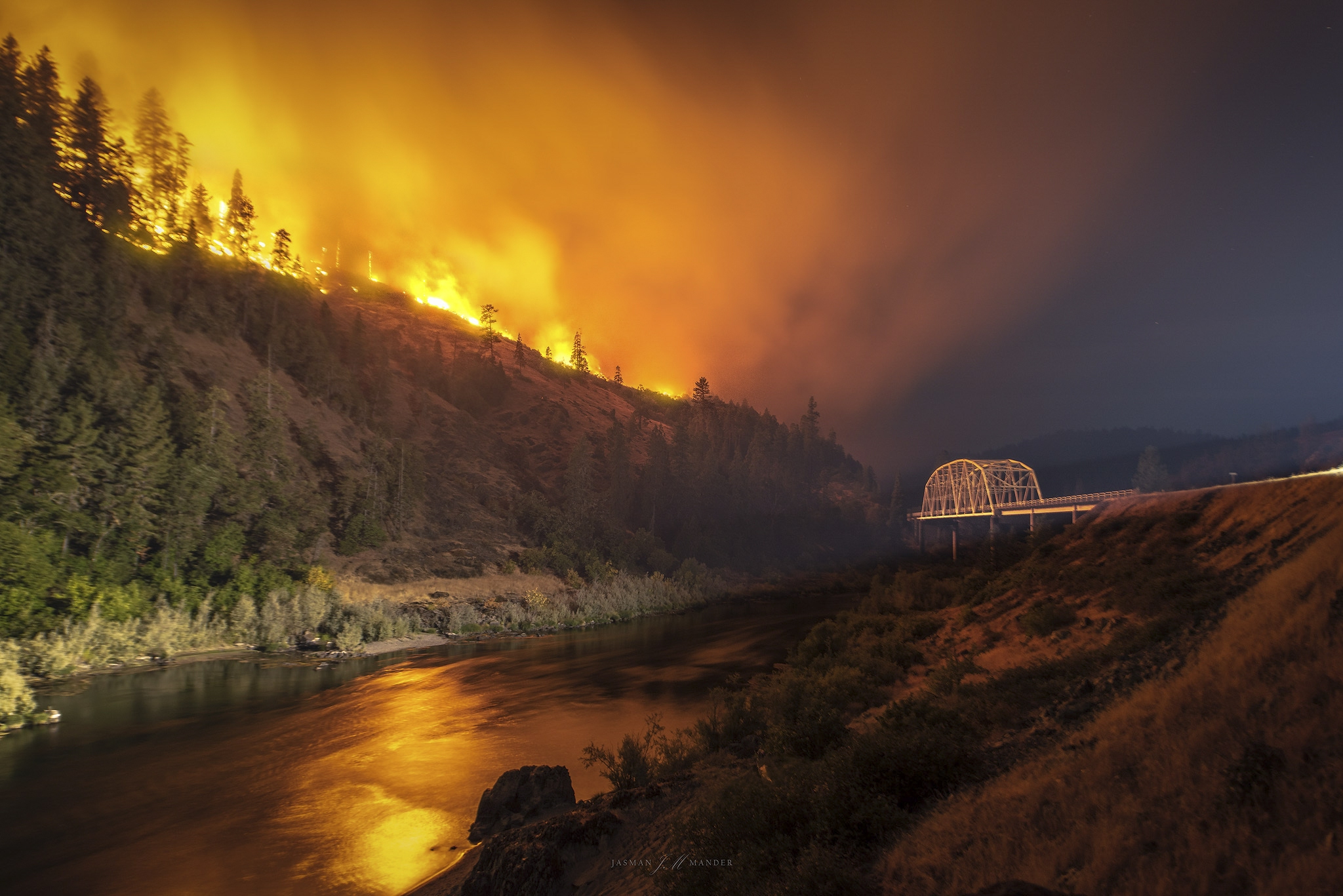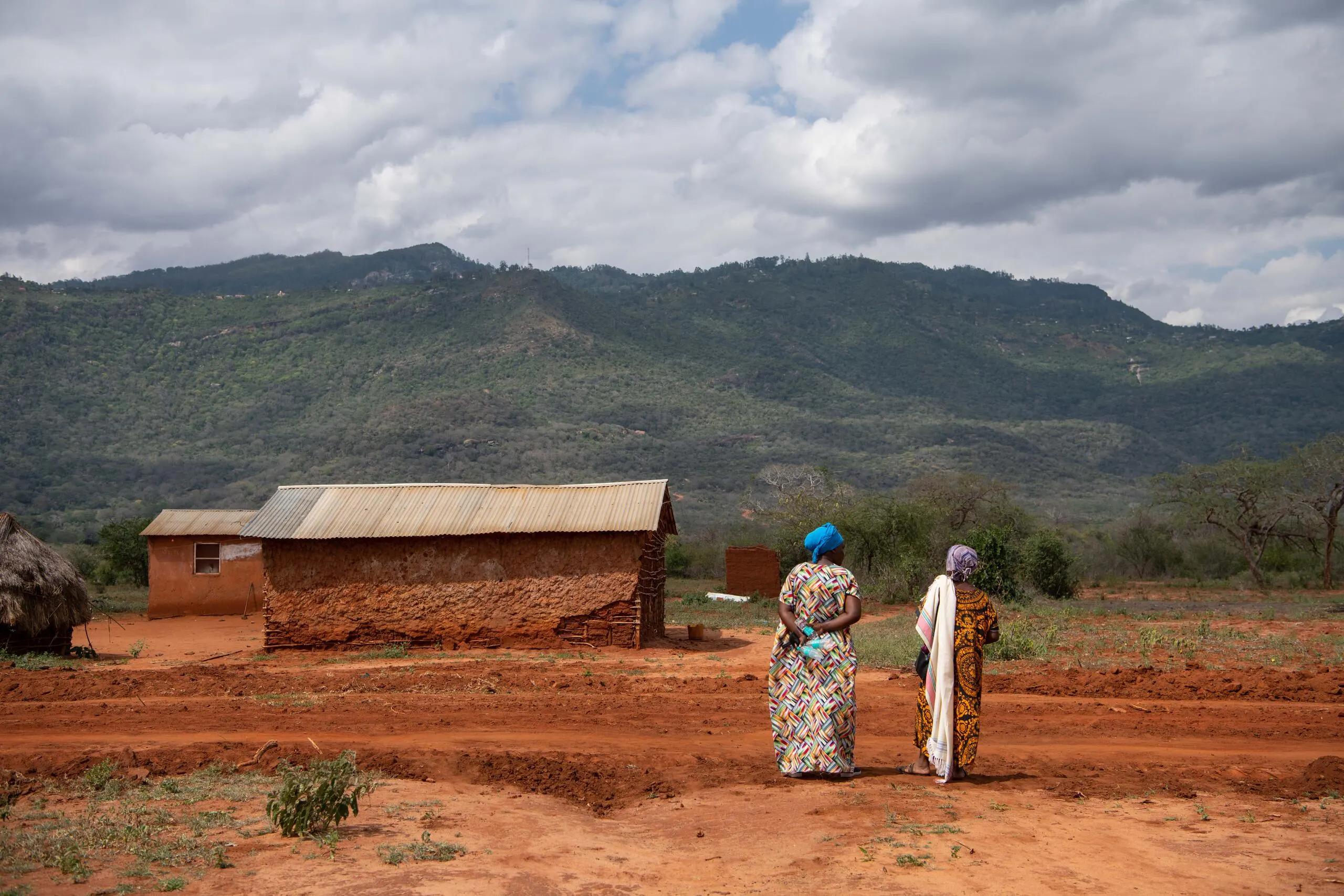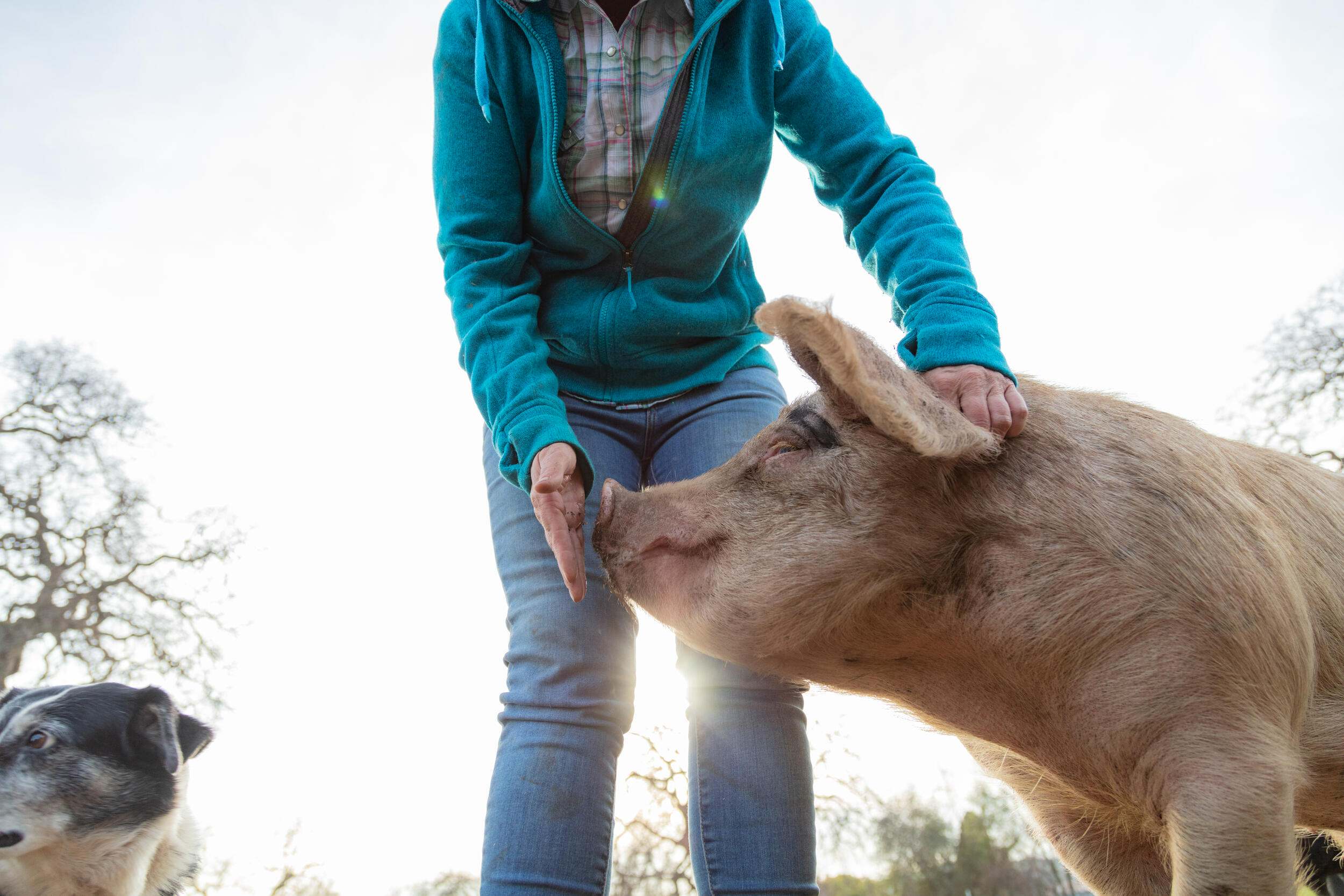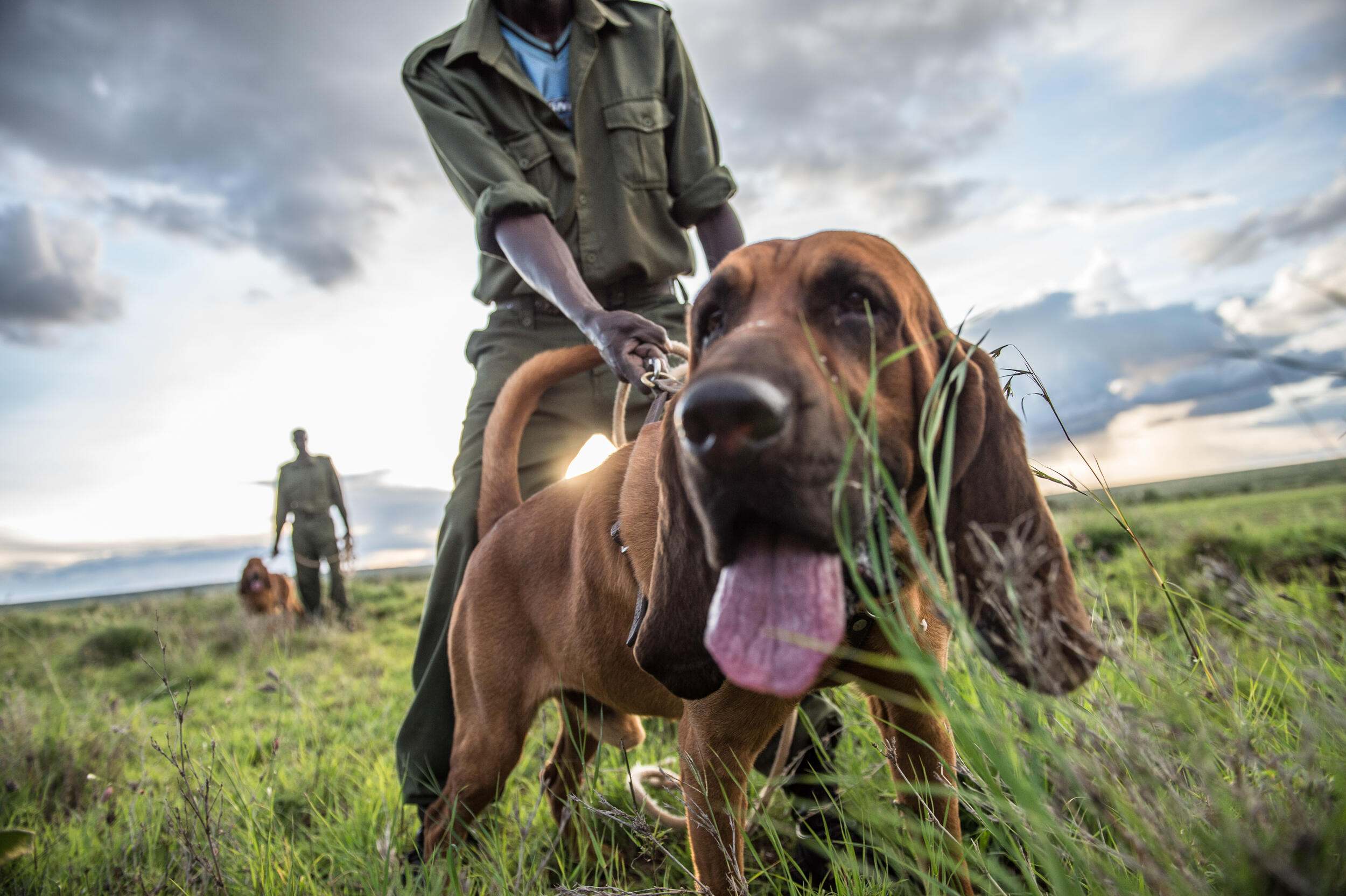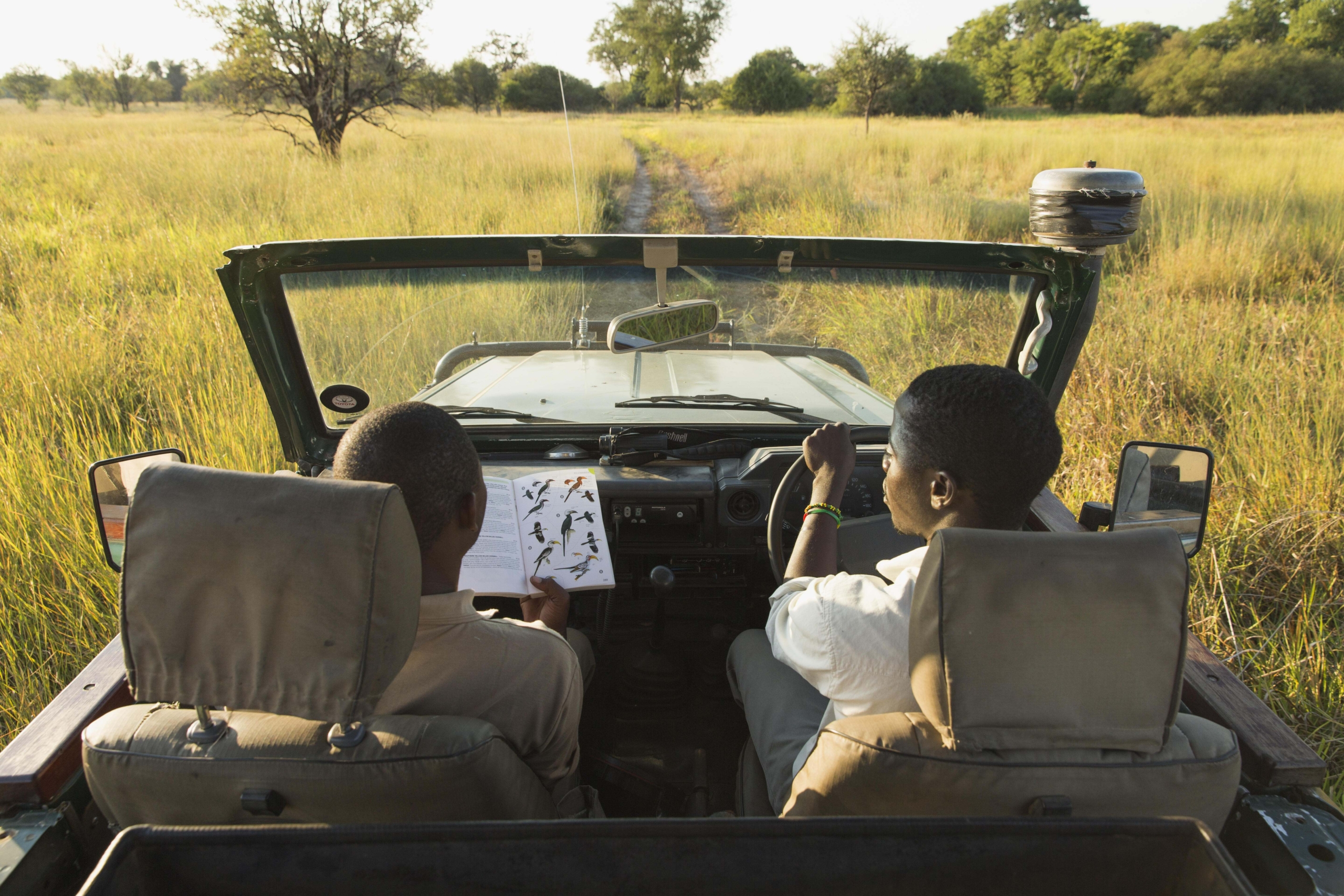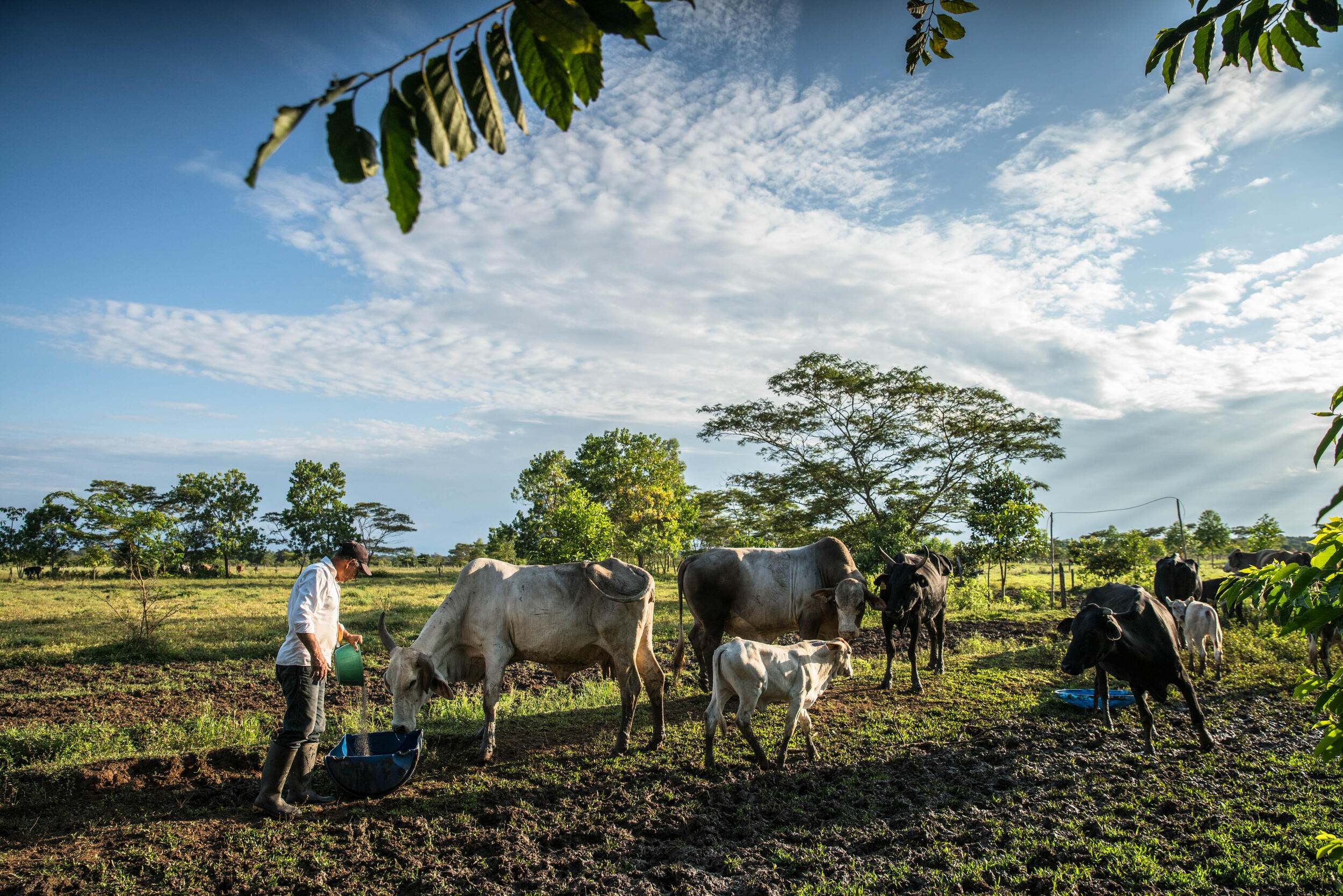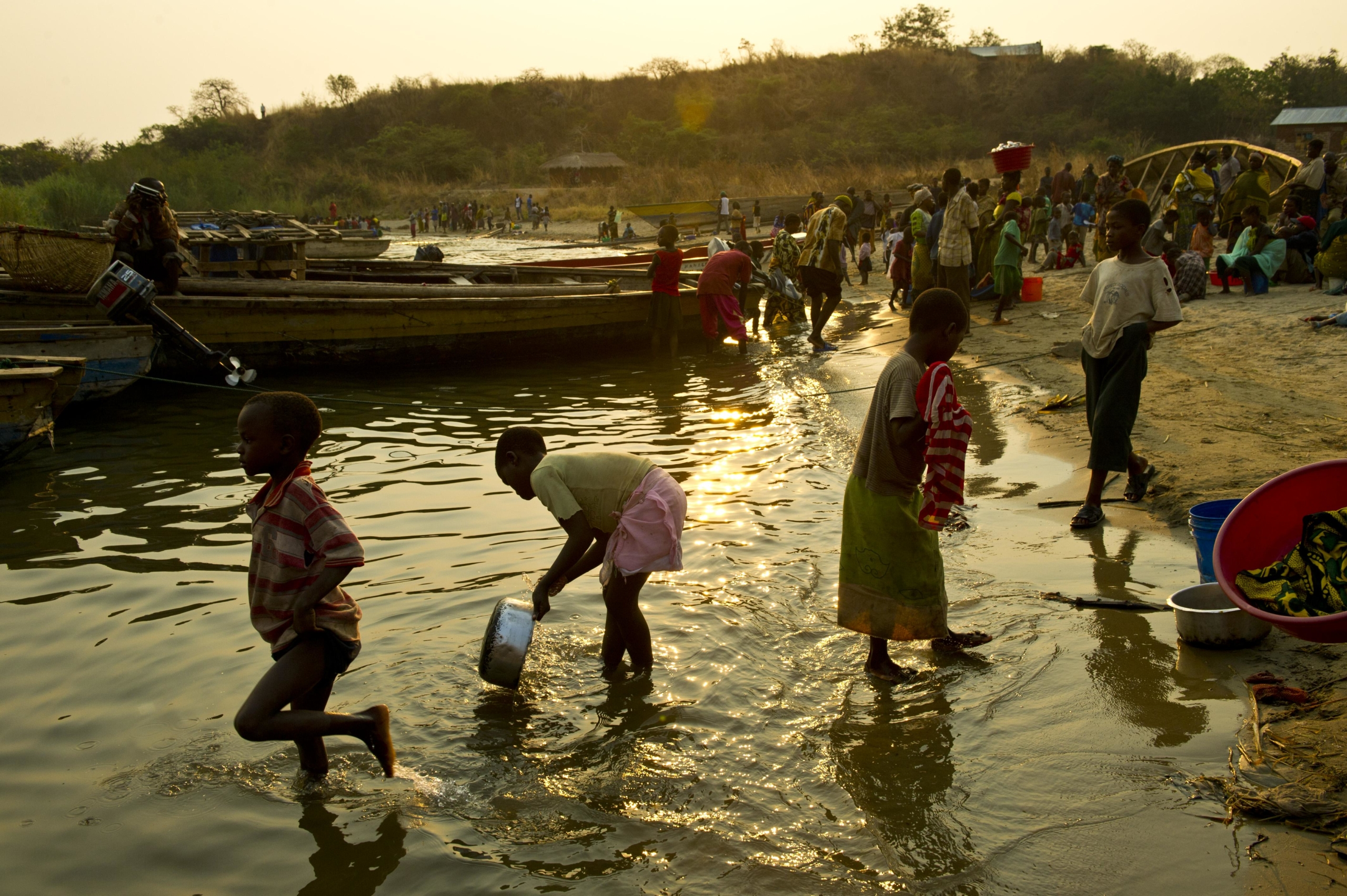Teams Like This
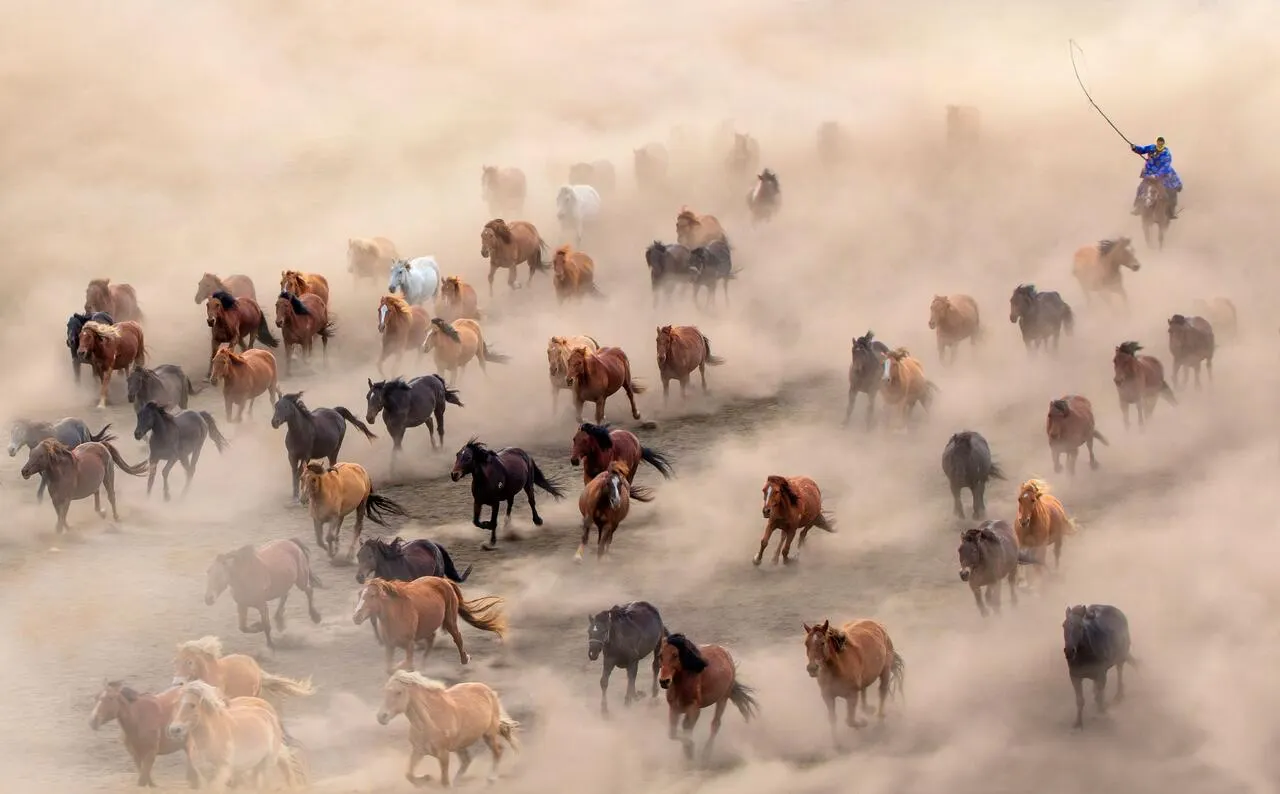
- Gather and analyze existing data to identify social and environmental traits of resilient rangelands facing human-induced climate change.
- Using foresight methodologies, develop land-use scenarios with local and national stakeholders and analyze these to identify challenges and opportunities for those that rely on and/or influence these systems.
- Illustrate the impacts of different developmental pathways on rangeland resilience through spatial maps and publishing findings in reports and papers.
- Facilitate national stakeholder workshops to inform the development of supportive policy frameworks for sustainable rangeland management.
Association for the Conservation of Biodiversity in Kazakhstan, Altyn Dala Conservation Initiative
Royal Society for the Protection of Birds, Altyn Dala Conservation Initiative
Wildlife Conservation Society
Royal Botanical Gardens Kew
University of Oxford
UN FAO
German-Kazakh University
Central Asia/Mongolia Regional IYRP Working Group, JASIL
Association for the Conservation of Biodiversity in Kazakhstan, Altyn Dala Conservation Initiative
Georg-August-Universitat Göttingen
Swedish Landuse University
Justus Liebig University, Giessen and SDGnexus Network
Nazarbayev University and Sustainable Development Solutions Network (SDSN)
Frankfurt Zoological Society, Altyn Dala Conservation Initiviative
The Nature Conservancy
German-Kazakh University
UN FAO
